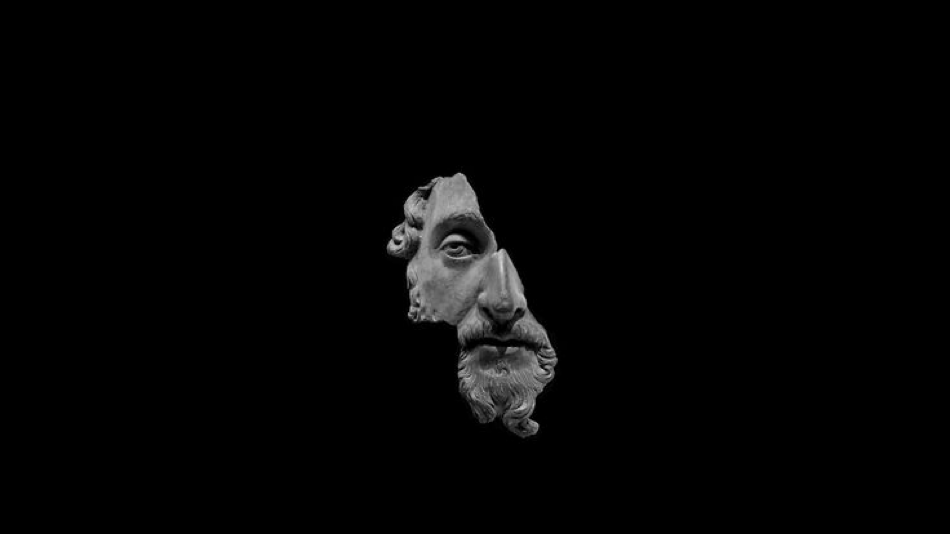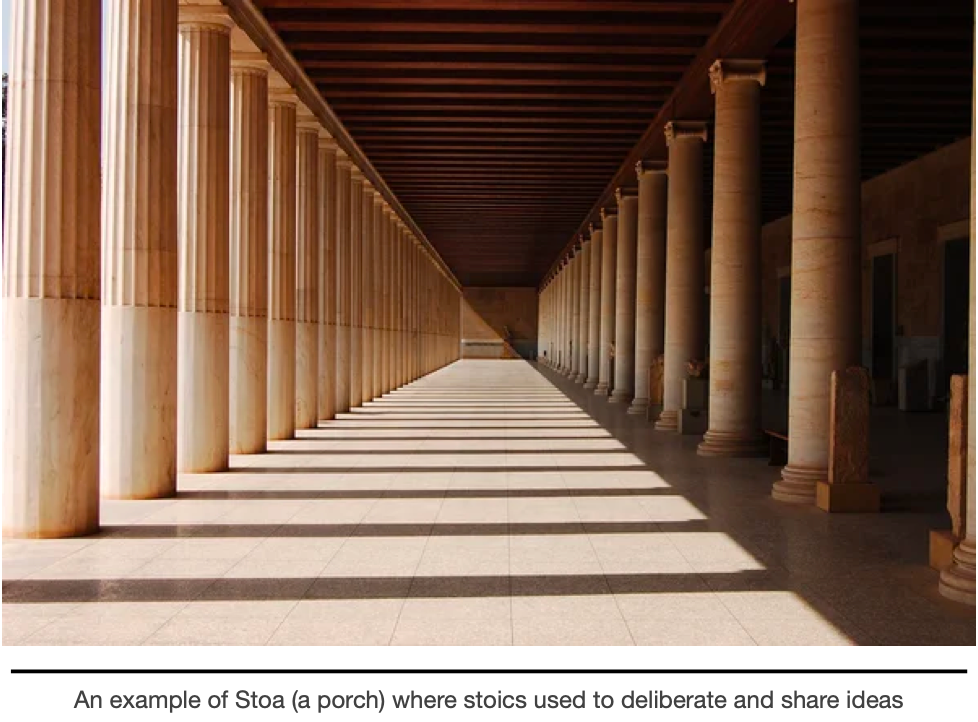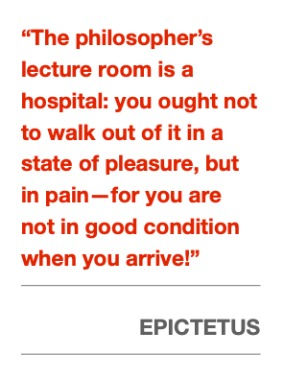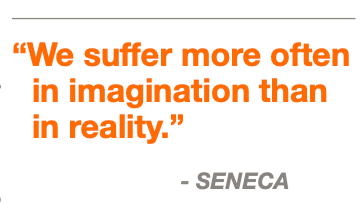Why a Stoic ?
- Prateek Rao
- Jul 19, 2022
- 4 min read
Enquiry into the need for stoicism in today’s India

The man in the picture above is Marcus Aurelius. A great Roman Emperor, a man of immense mettle and lastly one of the Stoic poster-boys. I stumbled upon Marcus, while reading ‘The Daily Stoic’ (TDS) which was gifted by a friend. Having had TDS along with me after my first failure in UPSC Interviews in 2017, I thought the Stoic philosophy may have something to offer people who are struggling, to better themselves , to better their career, to grow. I read ‘Meditations’ by Marcus, which was essentially the personal journal of a Roman Emperor writing about his fears and learnings, in the process creating one of the fundamental texts of Stoicism. This is where Stoicism piqued my interest. Its a philosophy made by persons who were not career-philosophers. Marcus was a king, Seneca was a merchant/salesman, Epictetus was as slave and so forth. The philosophy evolved out of daily lives of these men and not out of armchair philosophy and high-flying ideals. Thus one can see while one reads Stoicism that the focus is on utter and absolute practicality and not on ideals. Its about living a balanced life rather than a life pursuing ideals for its own sake. Furthermore, stoicism was founded by Zeno (of Citium, needs to be clarified since some UPSC coaching- wallah who was an earlier IAS officer asked me about some other Zeno and them reprimanded me for it in one of the mock interviews) who realised the core of Stoicism while handling a crisis of a capsizing ship.

Coming to core pillars of stoicism -
Ethics - living a life of virtue with 4 cardinal principles - wisdom, courage, justice and temperance.
Logos - Using logic and reason to be objective in all decision making.
Physics - live according to nature - every species in this world has a job to be done - so do humans.

We will expand on these principles in the coming days and articles.

Now !! Why do we need Stoicism in India. We are in an Indian version of ‘Yuppie’ Culture [Yuppie, short for "young urban professional" or "young upwardly-mobile professional", is a term coined in the early 1980s for a young professional person working in a city]. In the west Yuppie culture came around in 1980s and has many satires, songs and movies made on it. One such movie was American Psycho, that speaks on consumerism at its extremes. We in our country today are seeing a new age of working professionals (walk into Cyber Hub in Gurugram or BKC in Mumbai and you would know what I am talking about). Read this interesting case study on Goa. They’re rich, they’re fashionable, they’re up-to-date on pop culture, they’re Insta-influenzas but somewhere amidst all of this - alone, fearful, fake and conflicted. There’s a need to put everything out there - one’s pictures, one’s love-life, one’s divorces and one’s insecurities - all in the garb of staying connected. We are eternally wanting to put out content. The other day in a classroom I saw three batchmates clicking a posed-picture and then discussing about it for the next 5 minutes - how the pose could be better, how the hair was wrong, how the background could be better. But, what about the picture, what about what it means. What about the friendship that you’re trying to capture. There’s this immense need for being connected, at the same time being unaware and unfulfilled. We’re pursuing pleasure, that too cheap pleasure and not joy. We seldom understand the difference.

Many Indian philosophers (like Jiddu Krishnamurti) have spoken about this phenomenon that we find ourselves today in. The human body and mind need to reach and sustain their optimum potential, otherwise they decay and degeneracy seeps in. The human body needs to be exercised and pushed to its limits for us to activate and nurture every muscle and sinew in our body. This is when we will be completely physically happy. Similarly, the mind needs to read, question, research and find solutions to problems to maintain its neuroplasticity and to be intellectually content. In the absence of either or both of these we encounter a feeling of vacancy, that we feel the need to fill with immediate gratification - mostly food, alcohol, partying, social media scroll and meaningless sex. We give into easy pleasures and we forget about ‘joy’. Pleasure is mutually exclusive and competitive. Posting a better looking picture, to having more followers than your colleague gives you that pleasure. On the other hand Indian philosophy and even Stoicism focuses on ‘joy’. A pursuit of excellence for the sake of excellence and finding solutions and answers that reap rewards for oneself and society and the rewards multiply with sharing.

Its is thus that I feel that we as a society, especially the youth, require a reorientation and I find Stoicism to be one of the easier ways towards it. Why ? Firstly, it supplies to our western-is-better bias. We could delve into Gita and Upanishads but then the masses would take time to digest it. Stoicism on the other hand is simple, simply put and simply practicable - tuned to today’s ADHD generation. Secondly, its nugget-based-wisdom that can be easily consumed as opposed to lengthy texts otherwise. There are various books and podcasts today that can supply these nuggets (refer TDS above). Lastly, Stoic philosophy has been used in CBT (Cognitive Behavioural Therapy) to treat mental disorders, something that seems to be a rage in our world - mental health. In a westoxicated India that’s gulping down Yuppie culture, a balancing act can be brought in by Stoicism. People who are preparing for JEE, for exams like CAT, surviving in IIMs and B-schools, preparing for Civil Services / UPSC and then being a civil servant (all of which I have fortunately unfortunately had a brush with) and people who want growth in life can be helped by Stoic wisdom.
This is just a primer to a primer on Stoicism. There will be further articles to follow this start. It is time to build-up the dialogue around Stoicism in India.



I connected with this article deeply. Truly in this generation, where the attention span is as short as a 10 seconds of reel, to derive wisdom and ethics from Gita and Upanishads is not a viable solution. Stoicism is still unknown in India and need more ambassadors like you. 🫡
I was waiting the whole time to read something about stoicism in itself 😅
Everything relevant thou , waiting for more on this..
This was a great read, please do pen down more articles.
Awesome , God bless .